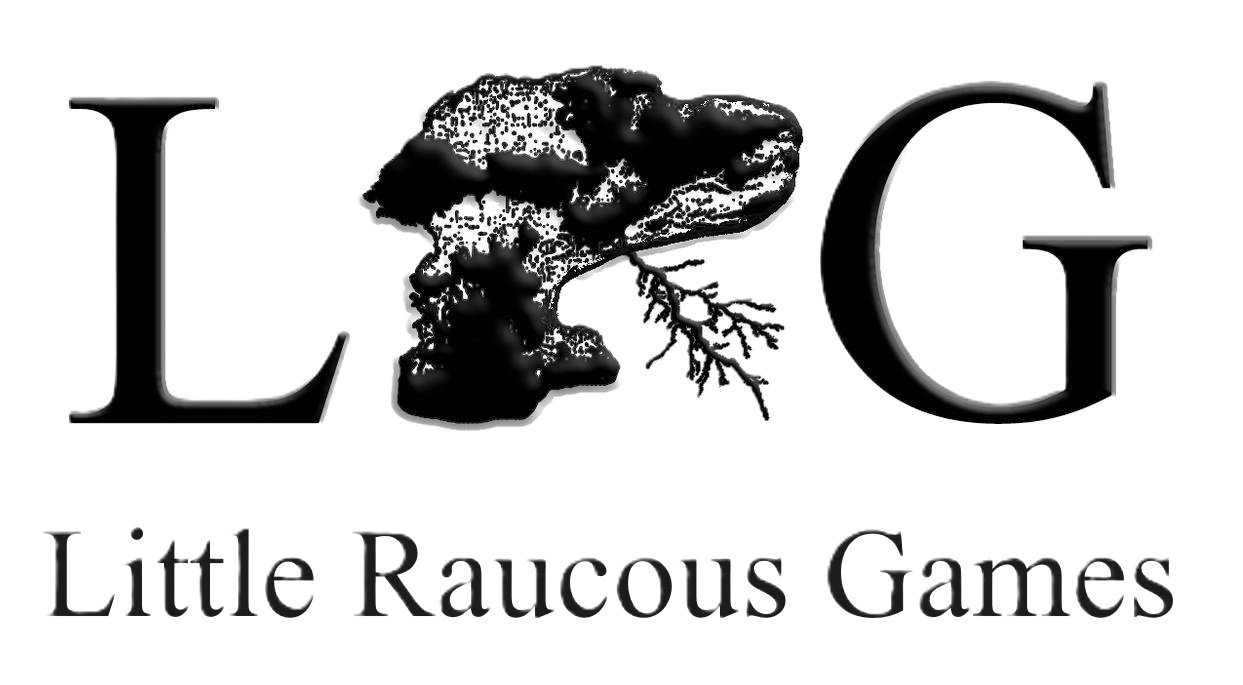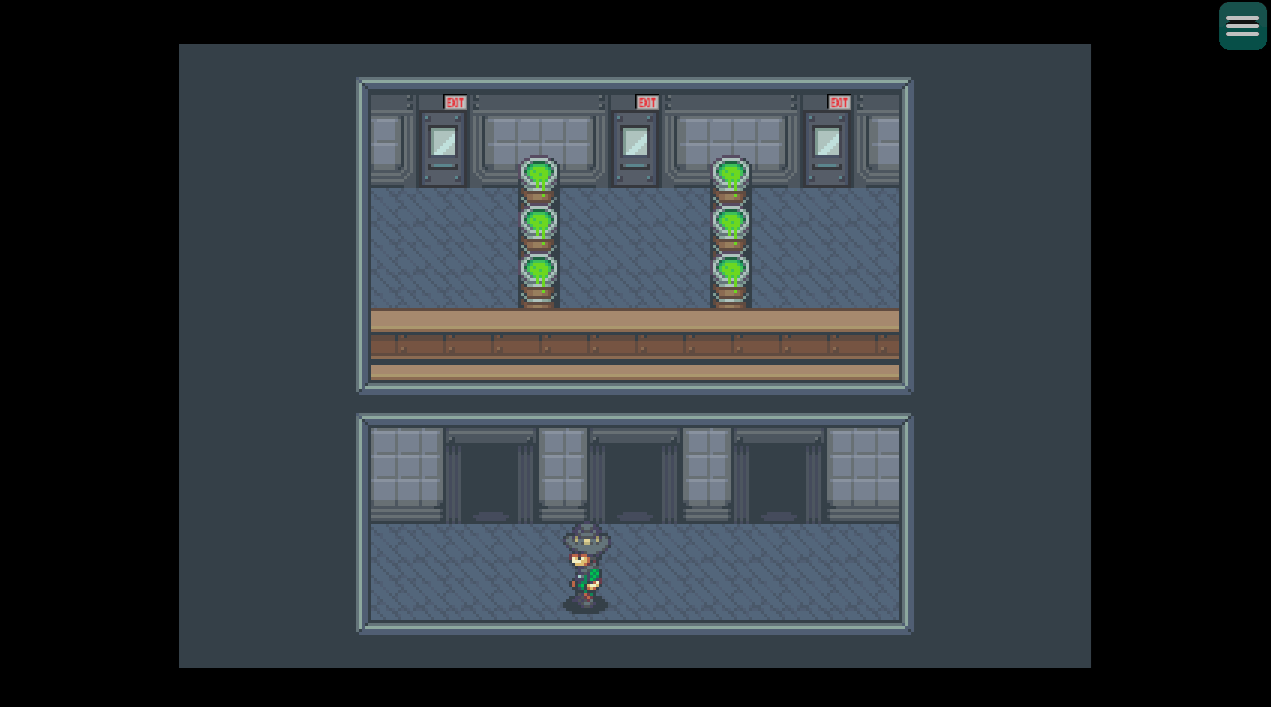Don’t sniff at making a small game
Shade Hunters might not what you would call…revolutionary.
But we do think it’s good.
A solid example of an established genre, a love labor and a minimizing of “just leave it” moments. We think it’s well-executed in the fields of replayability, secrets, lore, small details, and involving combat. (You are welcome to inject your opinion, of course.)
And let me tell you, there was plenty of work needed to make even such a small game happen. It was far from just mashing RPGMaker’s basic tools together.
“Small indie gamedev”, at any scale, is a multidisciplinary field that will force you to learn things you’d never thought would be required of you. In the process of purchasing and finishing Shade Hunters along with Nathan, its originator and now my employee, I’ve had to delve into all of the following:
*JavaScript coding (as discussed in our previous devblog)
*Audio mixing and engineering
*Pixel art
*Particle graphics (this hasn’t yet made its way into the game but will in a future patch)
*The engine community’s tools, plugins, and development aids
*Design theory (gameplay, minigames, maps)
*Publishing process (Steam/Google Play)
*Testing principles (who to use, what to ask for, scheduling, etc.)
*Project management tools (GitHub, BaseCamp, etc.)
*Project management principles (GDD, iteration, version control, changelogs, patching, etc.)
*Video creation (tools, practices)
*Marketing essentials (networking, wishlisting, social media growth, devblogs like this)
*New business practices (filing, accounting, taxes, hiring)
*Intellectual property knowledge (licensing, trademarks, contracts)
*Website creation and maintenance
I wasn’t familiar with any of this before. Now I’ve gotten a 101-level education in each discipline (some deeper than others). And thanks to the relative simplicity of the game, it was more like wading in than being catapulted from the deck of an aircraft carrier with bowling balls tied to my ankles, as some rookie devs try by starting with a Skyrim clone and nineteen multinational employees.
Could I have done without all this? Sure, but there’s be a lot of little things missing from the game. We’d have missed a lot of bugs, and created new ones along the way from poor version control. We could’ve been taken advantage of by a legally savvy contractor because we wrote a bad contract. We might have had to use an online creator for music and ended up sharing some of our soundtrack with other games. Our lighting would have been bad. More money out the door for what few promotional materials we did. In other words, we’d have been spending on all the wrong things and saving on all the wrong things.
Shade Hunters, a humble RPGMaker product, gave me a breadth of game development knowledge at a relatively manageable depth. It did take a desire to do things right. Go deep with the combat and content. If something’s janky, write it down. Documentation, documentation, documentation. Know when to spend a little moola and when to create your own stuff. Know the difference between scope creep and a cool little bonus that will bring people back to look for more.
Sure, it pales next to that sweeping AAA-scale monstrosity you’re dreaming of. But it’s a step. It’ll let you dodge some pitfalls and gain credibility for your next project. Baby steps. Don’t sniff at small games for your first product; even an RPGMaker game will teach you. The monstrosity will come.


